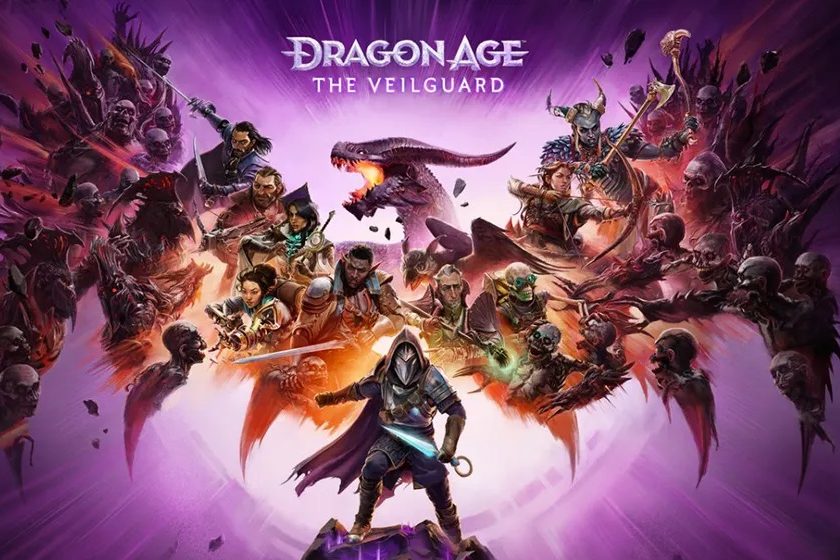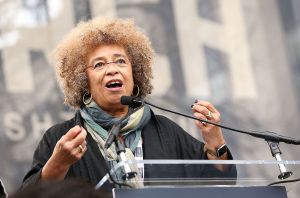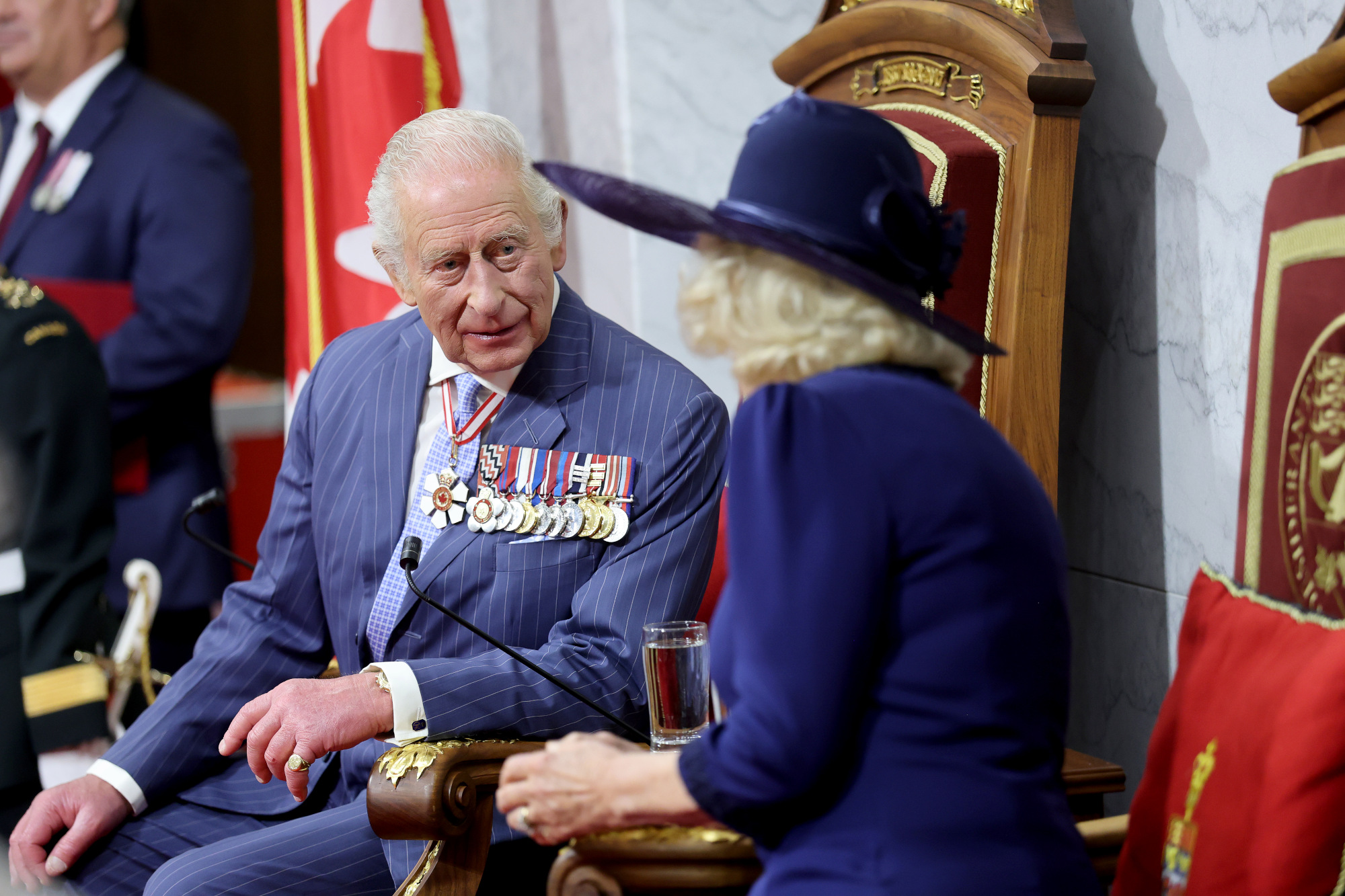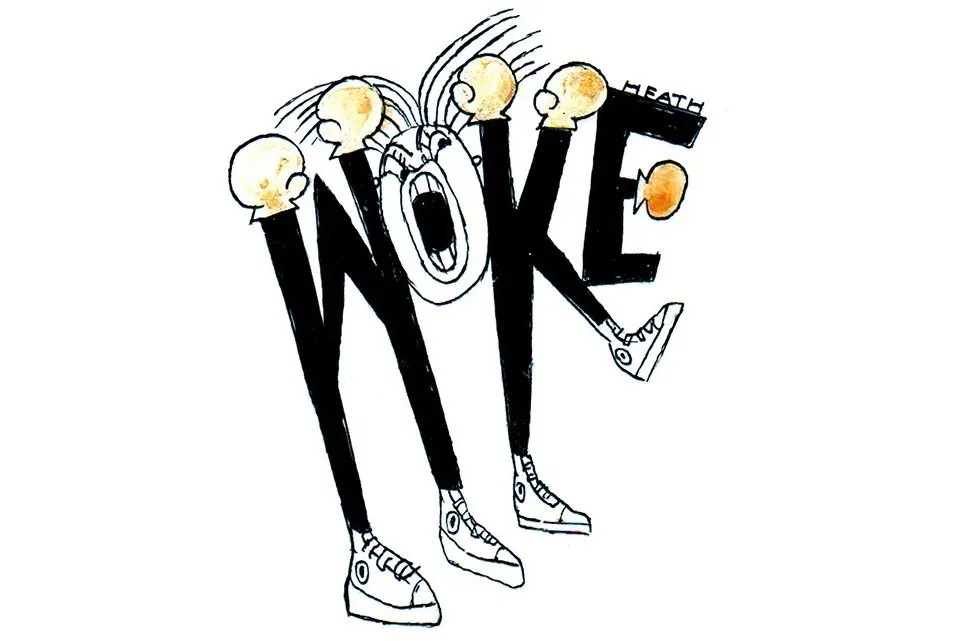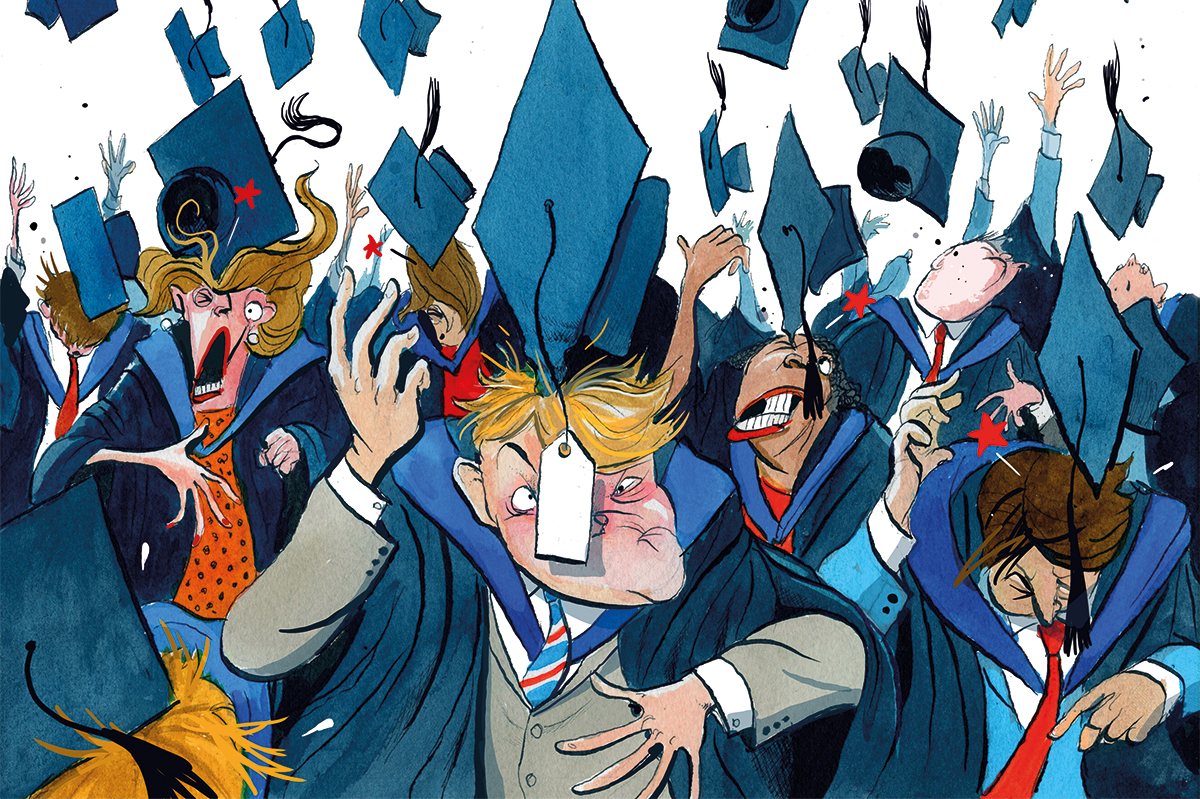Like all other forms of culture, video games offer a way to escape from, or reflect on, reality through fiction. Unlike almost any other form of culture, they are interactive — you, the player, control the experience.
Nowhere is this more true than with immersive role-playing games (RPGs), in which the player embodies a character forced to make moral (or wildly immoral) choices in a fictionalized world, which change the narrative of the game for good or ill. That might sound nerdy (it is), but it’s big business. Baldur’s Gate 3 has comfortably topped $1 billion in global sales, and won numerous industry awards.
Baldur’s Gate 3 gives you lots of choices. It’s up to you whether you go heroic, ‘woke’ or genocidal
It did this despite being criticized as “woke” for its various inclusive options. In Baldur’s Gate 3, your character can be gay or trans, have heterochromia, vitiligo, and be of almost any race. For that matter, it can be a dragon-human offspring, an elf or a dwarf too.
Complaining about there being options you don’t have to take in a game like this just makes you look ridiculous. As a gay man myself, I like that when my fireball-flinging sorcerer returns from enabling a heroic prison break he can get a smooch from his ethically dubious vampire boyfriend.
If a genre is about giving players choice — and the fun of the game is having agency to change an imaginary world — more choice is a good thing. Baldur’s Gate 3 introduces you to an immensely likable barbarian on the run from a literal devil — and then gives you the option to decapitate her, and carry around her head for the rest of the game, should you so choose. You have the option of saving a camp of beleaguered refugees on the run from war — or siding with the murderous cult that’s pursuing them. Baldur’s Gate 3 gives you lots of choices. It’s up to you whether you go heroic, “woke,” genocidal, self-serving or any combination of the above. Every action has consequences, but you get to choose which you live with.
The supposed “wokeness” of Baldur’s Gate 3 did nothing to hurt the quality of the game, its sales, or its reception from critics. The same cannot be said of another swords-and-magic fantasy, though — Dragon Age 4: The Veilguard.
The Dragon Age franchise is set in a world that is unremittingly bleak. Magic users are living weapons of mass destruction, liable to demonic possession at any time. As a result, they are hated, feared and largely live in prisons — but yearn for freedom. Elves are a despised class, largely living as slaves. Another race lives by a strict religious code that it is trying to spread across the world.
Conflicts abound and it is rare that any of them has an obviously “good” or “evil” option. In previous Dragon Age games, every choice is a nightmare, each will upset some of your companions — to the point of them leaving you or you fighting them to the death — and there are no easy answers.
Until Dragon Age 4, that is. Suddenly, the world players have got to know over fifteen years of gaming is unrecognizable. With two evil gods threatening the world, everyone suddenly gets along. Elves, mages, and everyone else agrees they need to unite against the evil. The player character gets to make choices still: they can choose if they’re a noble hero, a slightly sardonic hero, or a hero of few words. The game has forgotten that choice and agency is what drives RPGs, and gaming as a cultural form. Its bigger problem is that it has done that alongside going even further than ever to be painfully right on.
One character from a culture with immensely strict and outdated gender roles declares that because they don’t fit any of these cultural stereotypes, they must be non-binary. The player is then presented with four different ways to be supportive of the character’s choice.
When other companions argue, the player can side with one or the other — which leads to the characters later agreeing with the player and agreeing to get along. It is like a recipe for the worst reality TV show ever: the characters are all essentially nice, they discuss their problems like they’ve had too much therapy, and they resolve conflict appropriately. It’s unbearable.
At times, playing Dragon Age 4 feels like playing a game of HR Training Simulator. At one point, while the world was faced with total destruction, my character listened through two different discussions of inclusive cooking for vegetarians (“it’s ‘yam and cheese’ instead of ‘ham and cheese’”), even though food has no impact on gameplay.
A good RPG is a game that gives the player lots of choices, makes them feel invested in those choices, and so makes them difficult. A well-written RPG can easily include “woke” choices among its options.
The problem comes when a studio releases something with flat writing and no player agency — but that’s clearly spent a lot of time thinking about diversity and inclusion. At that point, at least some players are going to connect the two possibly unrelated decisions and think that the game has become worse because it’s inclusive, even if other games have managed to be inclusive and brilliant.
The golden rule is that the player should be in charge. After all, there’s one decision that’s sure to kill off any game franchise, and probably the company that makes it too — the choice not to buy.



